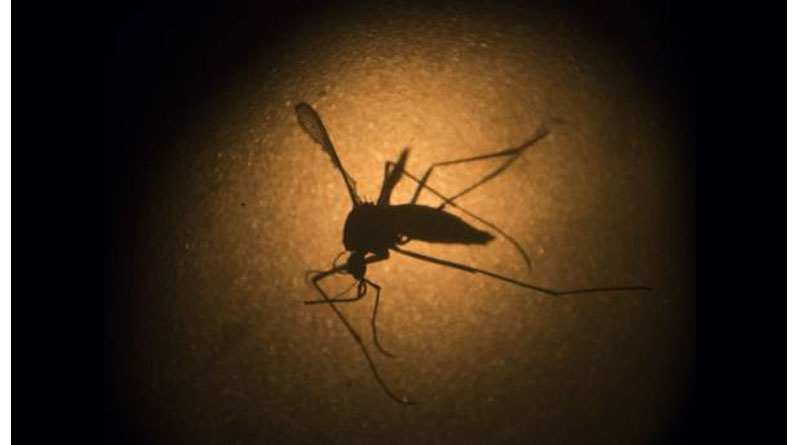Zika Infects Pregnant Woman in Cebu

Image Caption: AP FILE PHOTO
By: Tina G. Santos
@inquirerdotnet
Philippine Daily Inquirer
FINALLY, it happened.
The Department of Health (DOH) on Monday reported the Philippines’ first known case of a pregnant woman infected with the Zika virus, which threatens unborn babies.
A 22-year-old woman from Cebu province, who is 19 weeks pregnant with her first child, is among the 12 Zika cases that have been detected across the country so far this year, Health Secretary Paulyn Ubial said at a press briefing on Monday.
The health secretary noted that all the cases acquired the virus through mosquito bites but did not have a history of travel to an affected country a month before the onset of the illness.
“This is our first pregnant case in the country,” Ubial said of the woman from Cebu.
“We conducted an initial ultrasound test to check for fetal abnormalities, particularly in the central nervous system. None were detected,” she added.
Zika-infected pregnant women may give birth to babies with microcephaly, a deformation marked by abnormally small brains and heads.
No cure or vaccine
Scientists warned this month that the world should prepare for a “global epidemic” of microcephaly due to Zika as there is no cure or vaccine for the disease.
Ubial said the absence of any fetal abnormalities was slightly good news for the woman from Cebu considering that Zika was linked to microcephaly.
“It (abnormality) can happen at any stage actually. But, usually, the risk is higher in the first trimester,” she said.
The expectant mother will be monitored regularly during the entire period of her pregnancy.
“We will have more frequent checkups, which is every two weeks,” Ubial said.
Gundo Weiler, World Health Organization representative in the Philippines, said the risk was higher if the Zika infection occurred at the early stage of pregnancy, “but there can also be consequences if the infection occurs at the later stage.”
3 more cases
Aside from the pregnant woman from Cebu, three new Zika cases have been confirmed by the DOH, bringing to 12 the total number of locally transmitted Zika cases in the country this year.
The three new cases were reported in Iloilo City and the nearby town of Oton, the DOH said.
The 12 cases are from three regions (Metro Manila, Western Visayas and Central Visayas), with ages ranging from 9 to 55 years old. Eight are women.
“The previously reported case from Laguna was traced to Muntinlupa upon verification,” Ubial said.
All of these confirmed cases showed skin rashes with any one of the following: fever, muscle or joint paints, conjunctivitis without eye discharge, or redness of the eyes. All have recovered from their mild illness,” she added.
The 12 confirmed cases, she said, represented just 8 percent of the 150 people, who manifested symptoms and were tested for possible Zika virus.
Ubial called on the public to destroy mosquito-breeding places, use insect repellent and wear condoms during sex.
Fogging
The spread of Zika cases in Iloilo province has prompted the local government to conduct indoor residual spraying coupled with fogging in affected and high-risk areas to reduce adult mosquito density, according to Ubial.
Similarly, she said the affected communities were conducting search-and-destroy operations to eliminate mosquito-breeding sites.
Still, the health secretary said the national government was not yet recommending the issuance of a travel advisory for Iloilo, especially for pregnant women.
“We are not recommending travel bans in affected areas as is practiced in other afflicted countries,” Ubial said.
She also advised the public not to be alarmed because while there was local transmission of Zika in the Philippines, “it is not widespread.”
All 12 cases and their contacts and neighbors were advised by the DOH to avoid mosquito bites by applying insect repellent over exposed areas at least a week after the onset of their illness. With a report from AFP
(Source: Inquirer.net)



